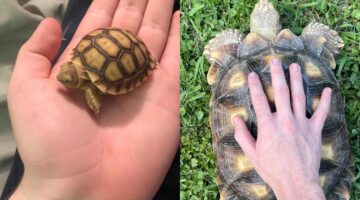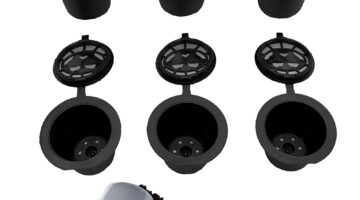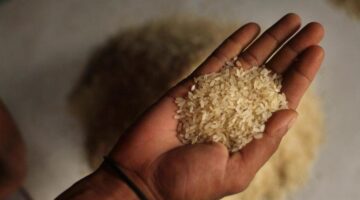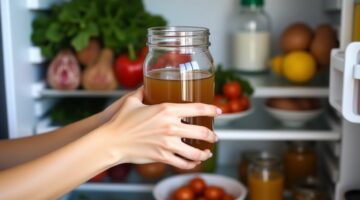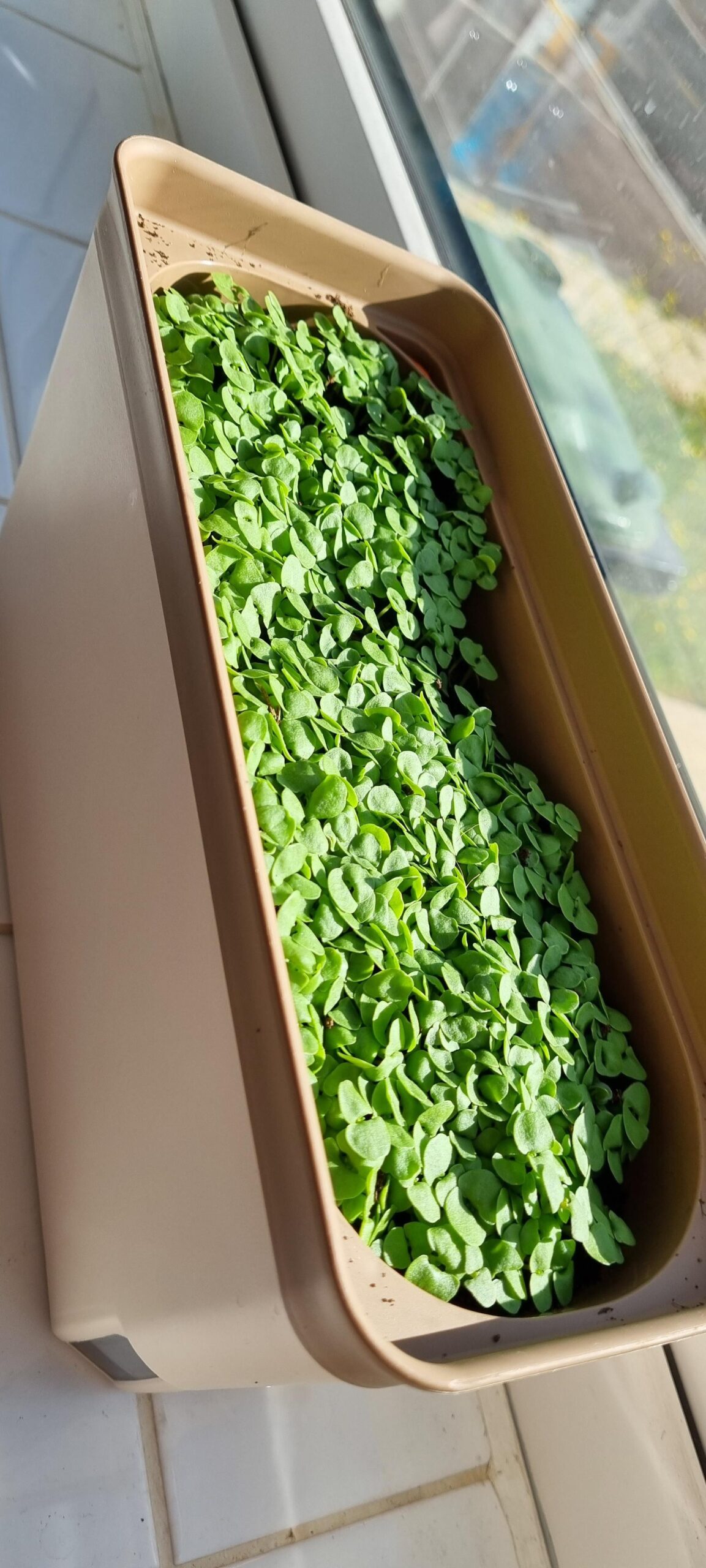
Optimal Basil Seed Quantity: How Many Basil Seeds Per Hole
Planting basil seeds with precision can significantly enhance your harvest. To answer the question, “how many basil seeds per hole,” it is recommended to sow 2-3 seeds per hole. This practice increases the chances of successful germination, ensuring a healthier crop. Overcrowding can lead to stunted growth, so spacing the seeds adequately is key. Let’s explore the art of planting basil seeds effectively for a thriving herb garden.
How Many Basil Seeds per Hole: A Complete Guide
Welcome, young gardeners, to our ultimate guide on how many basil seeds to plant per hole! Basil is a fragrant herb that can add a burst of flavor to your culinary creations. But do you know the secret to growing healthy basil plants? It all starts with the right amount of seeds per hole. Let’s dive in and discover the magic number together!
The Basics of Planting Basil Seeds
Before we get into the nitty-gritty details, let’s learn the basics of planting basil seeds. Basil is a warm-weather herb that thrives in well-drained soil and plenty of sunlight. Whether you’re growing basil in a garden bed, a pot, or a container, the key to success lies in starting with quality seeds and giving them the right growing conditions.
Now, let’s talk about how many basil seeds you should plant per hole to ensure your basil plants grow strong and healthy.
Factors to Consider
When deciding how many basil seeds to plant per hole, there are a few factors to consider. These factors will help you determine the optimal number of seeds for successful germination and plant growth. Let’s take a closer look at each one:
Seed Size
One important factor to consider is the size of the basil seeds. Some basil seeds are larger than others, which can affect how many seeds you should plant per hole. Generally, larger seeds require more space to grow, so you may need to adjust the number of seeds accordingly.
Germination Rate
Another crucial factor is the germination rate of the seeds. Germination rate refers to the percentage of seeds that will sprout and grow into healthy plants. If you have seeds with a high germination rate, you may not need to plant as many seeds per hole to achieve a full crop.
Growing Conditions
The growing conditions in your garden or planting area can also impact how many basil seeds you should plant per hole. Factors such as soil quality, sunlight exposure, and watering frequency can affect the success of your basil plants. Make sure to provide the right conditions for your basil seeds to thrive.
Recommended Number of Basil Seeds per Hole
So, how many basil seeds should you plant per hole? While the exact number may vary based on the factors mentioned above, a general guideline is to plant 2-3 basil seeds per hole. This allows for some seeds not to germinate and ensures that you will have at least one healthy basil plant per hole.
Once the seeds have sprouted and grown a few inches tall, you can thin out the weaker seedlings, leaving only the strongest basil plant in each hole. Thinning out the seedlings will give the remaining plant more space, nutrients, and sunlight to thrive.
Tips for Successful Basil Seed Planting
To help your basil seeds grow into healthy plants, here are some tips to keep in mind:
Watering
Make sure to water your basil seeds regularly, keeping the soil moist but not waterlogged. Basil plants prefer consistent moisture, so check the soil daily and water when needed.
Light
Provide your basil plants with plenty of sunlight, at least 6-8 hours per day. If you’re growing basil indoors, place the pots near a sunny window or under a grow light to ensure adequate light exposure.
Fertilization
Once your basil plants have established themselves, you can fertilize them with a balanced fertilizer to promote healthy growth. Follow the instructions on the fertilizer package for best results.
Now that you’ve learned the ins and outs of how many basil seeds to plant per hole, you’re ready to grow your own delicious basil at home. Remember to consider factors like seed size, germination rate, and growing conditions when deciding how many seeds to plant. By following our tips and guidelines, you’ll be on your way to a bountiful basil harvest in no time!
Happy planting, young gardeners!
Start Basil from Seeds & Stop Buying Expensive Transplants: How to Grow Beautiful Basil Plants!
Frequently Asked Questions
Question: How many basil seeds should I plant per hole?
It is recommended to plant 2-3 basil seeds per hole to increase the chances of successful germination. Planting multiple seeds can compensate for any seeds that may not germinate.
Question: Is it necessary to thin out basil seedlings after planting multiple seeds per hole?
Yes, once the basil seedlings have grown a few inches tall, it’s essential to thin them out to allow adequate space for the remaining plants to grow. Thinning helps prevent overcrowding and ensures healthy plant development.
Question: What should I consider when deciding how many basil seeds to plant per hole?
When determining the number of basil seeds to plant per hole, consider factors such as the age of the seeds, their germination rate, and the available space in your garden or container. It’s important to strike a balance between ensuring germination success and preventing overcrowding.
Question: Can I plant just one basil seed per hole instead of planting multiple seeds?
While planting multiple basil seeds per hole is a common practice to increase the chances of successful germination, you can certainly choose to plant one seed per hole if you have high-quality seeds and prefer a more controlled planting approach. Just be prepared to provide extra care and attention to ensure the single seed germinates successfully.
Final Thoughts
In conclusion, when planting basil seeds, it is recommended to put 2-3 seeds per hole. This practice increases the chances of successful germination. Overcrowding can hinder growth, so it’s important not to plant too many seeds in one hole. By following the guideline of how many basil seeds per hole, you can ensure a healthy and thriving basil plant in your garden.

